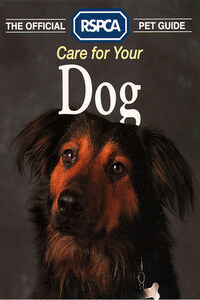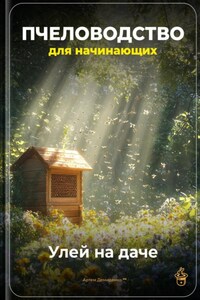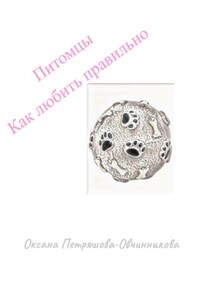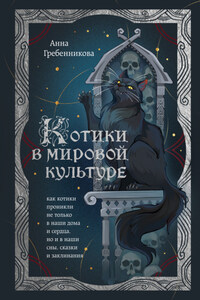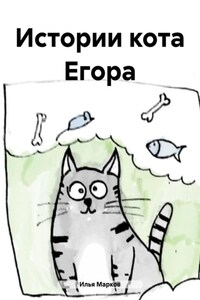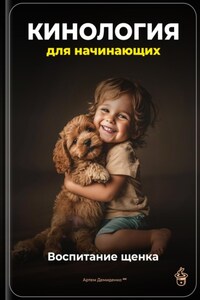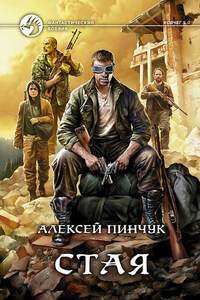COPYRIGHT
Collins
An imprint of HarperCollinsPublishers Ltd.
1 London Bridge Street
London SE1 9GF
www.harpercollins.co.uk
First published 1990
Reprinted by HarperCollins Publishers 1991
This is a fully revised and extended edition of Care for Your Dog, first published in 1980 and reprinted 10 times, with revisions in 1985
Text of the 1980 edition by Tina Hearne; text revisions and additions for this edition by Anna Sproule
Designed and edited by Templar Publishing Ltd., Pippbrook Mill, Dorking, Surrey
Front cover photograph by Sue Streeter
Text photographs by Animal Photography Ltd, John Clegg, Bruce Coleman Ltd, Colour Library International, Chris Fairclough, Solitaire (also back cover, top), Sue Streeter (also back cover, centre), Syndication International, The Northern Picture Library, Diana Wyllie, ZEFA
Illustrations by Robert Morton (with acknowledgements to photographs by J.P. Volrath)/Bernard Thornton Artists and Terry Riley/David Lewis Artists
Copyright © Royal Society for the Prevention of Cruelty to Animals 1980, 1985, 1990
A catalogue record for this book is available from the British Library
All rights reserved under International and Pan-American Copyright Conventions. By payment of the required fees, you have been granted the nonexclusive, non-transferable right to access and read the text of this ebook on screen. No part of this text may be reproduced, transmitted, downloaded, decompiled, reverse engineered, or stored in or introduced into any information storage retrieval system, in any form or by any means, whether electronic or mechanical, now known or hereinafter invented, without the express written permission of HarperCollins ebooks
HarperCollinsPublishers has made every reasonable effort to ensure that any picture content and written content in this ebook has been included or removed in accordance with the contractual and technological constraints in operation at the time of publication
Source ISBN: 9780004125404
Ebook Edition © FEBRUARY 2017 ISBN: 9780008241872
Version: 2017-02-16
First things first, animals are fun. Anybody who has ever enjoyed the company of a pet knows well enough just how strong the bond between human and animal can be. Elderly or lonely people often depend on a pet for their only company, and this can be a rewarding relationship for both human and animal. Doctors have proved that animals can be instrumental in the prevention of and recovery from mental or physical disease. Children learn the meaning of loyalty, unselfishness and friendship by growing up with animals.
But the commitment to an animal is a commitment for the whole of that animalâs lifetime â anything up to 20 years of total responsibility for its health and well-being. If you are not prepared for the inevitable expense, time, patience and occasional frustration involved, then the RSPCA would much rather that you didnât have a pet.
Armed with the facts, aware of the pitfalls but still confident of your ability to give a pet a good home, the next step is to find where you can get an animal from. Seek the advice of a veterinary surgeon or RSPCA Inspector about reputable local breeders or suppliers. Do consider the possibility of offering a home to an animal from an RSPCA establishment. There are no animals more deserving of loving owners.
As for the care of your pet, you should find in the following pages all you need to know to keep it happy, healthy and rewarding for many years to come.
Responsible ownership means happy pets. Enjoy the experience!
DAVID WILKINS
Chief Veterinary Officer, RSPCA
Introduction
The diversity of dogs is enormous. In height, they range from the gigantic Irish Wolfhound to the tiny Yorkshire Terrier. They include both the massive Newfoundland, weighing as much as a full-grown man, and the Chihuahua which, at 1 kg/2 lb in weight, is the smallest breed of dog in the world. Their coats vary too, from the smooth satin of the Boxer to the silky plumes of the Maltese and the long âcordsâ of the Hungarian Komondor. At the other extreme, the warm, smooth-skinned Mexican Hairless Dog is almost completely bald.
Mongrel or pedigree, dogs make superb companions for anyone who has the time, the home and the affection to give them.
Dogsâ abilities and temperaments are as varied as their looks. The herd dogs, bred for hard work, seem completely tireless, while a total contrast is presented by the dignified Pekingese, with its rolling gait and love of an easy life. But, though not a natural athlete, the Pekingese has its own brand of strength. Naturally assertive, it can completely dominate members of a gentler â if much bigger â breed, such as the St Bernard.
These huge differences in appearance and personality are, of course, fully shared by the dogs that outnumber all the pedigree canines: the mongrels. Showing characteristics of every and any breed (and sometimes of no known breeds at all), mongrels make pets that are just as delightful as the pedigree breeds. In terms of health, they even score more highly than the pure-breds, since their âhybrid vigourâ guards them from the genetic abnormalities that can result from selective breeding.
